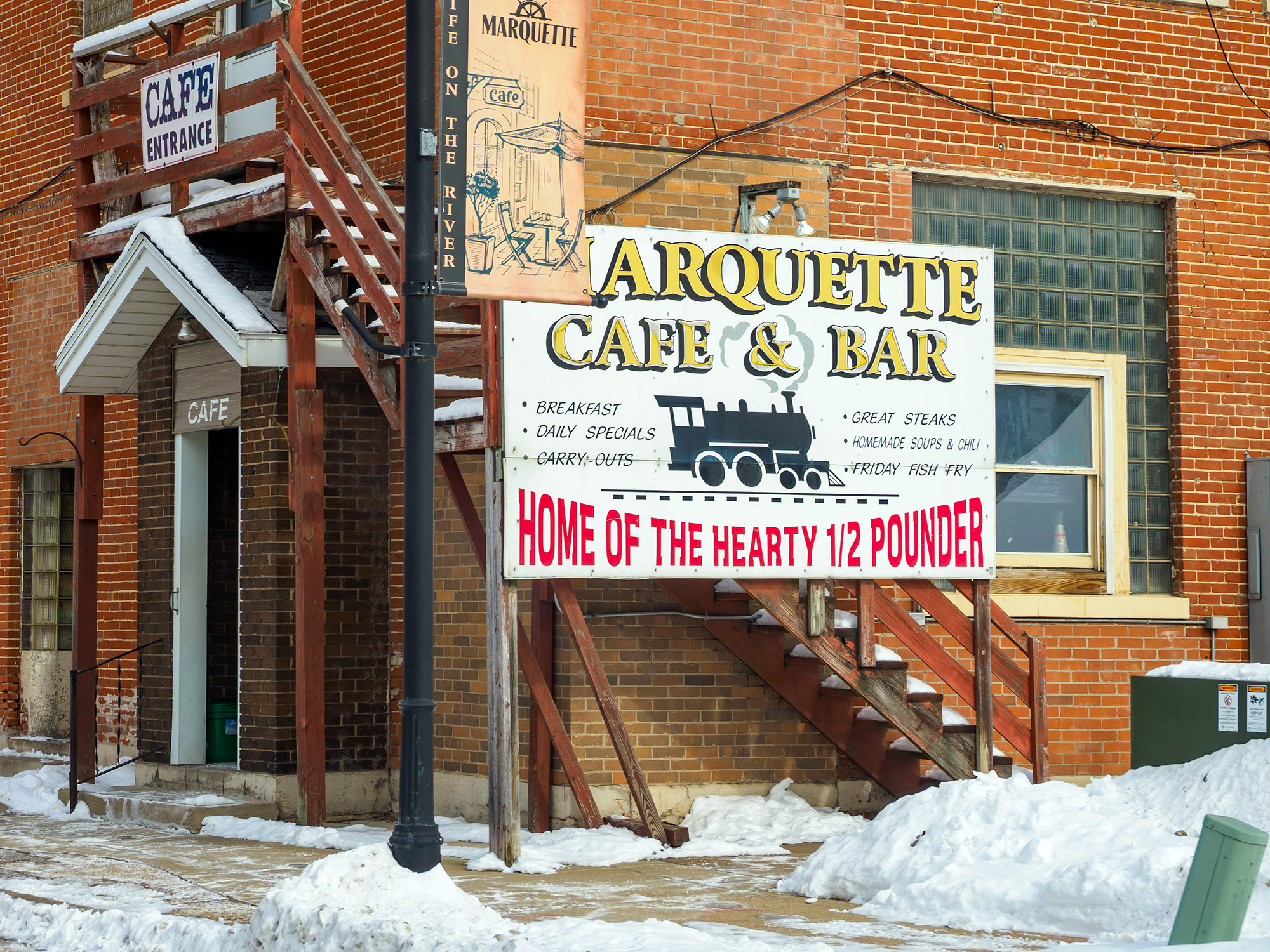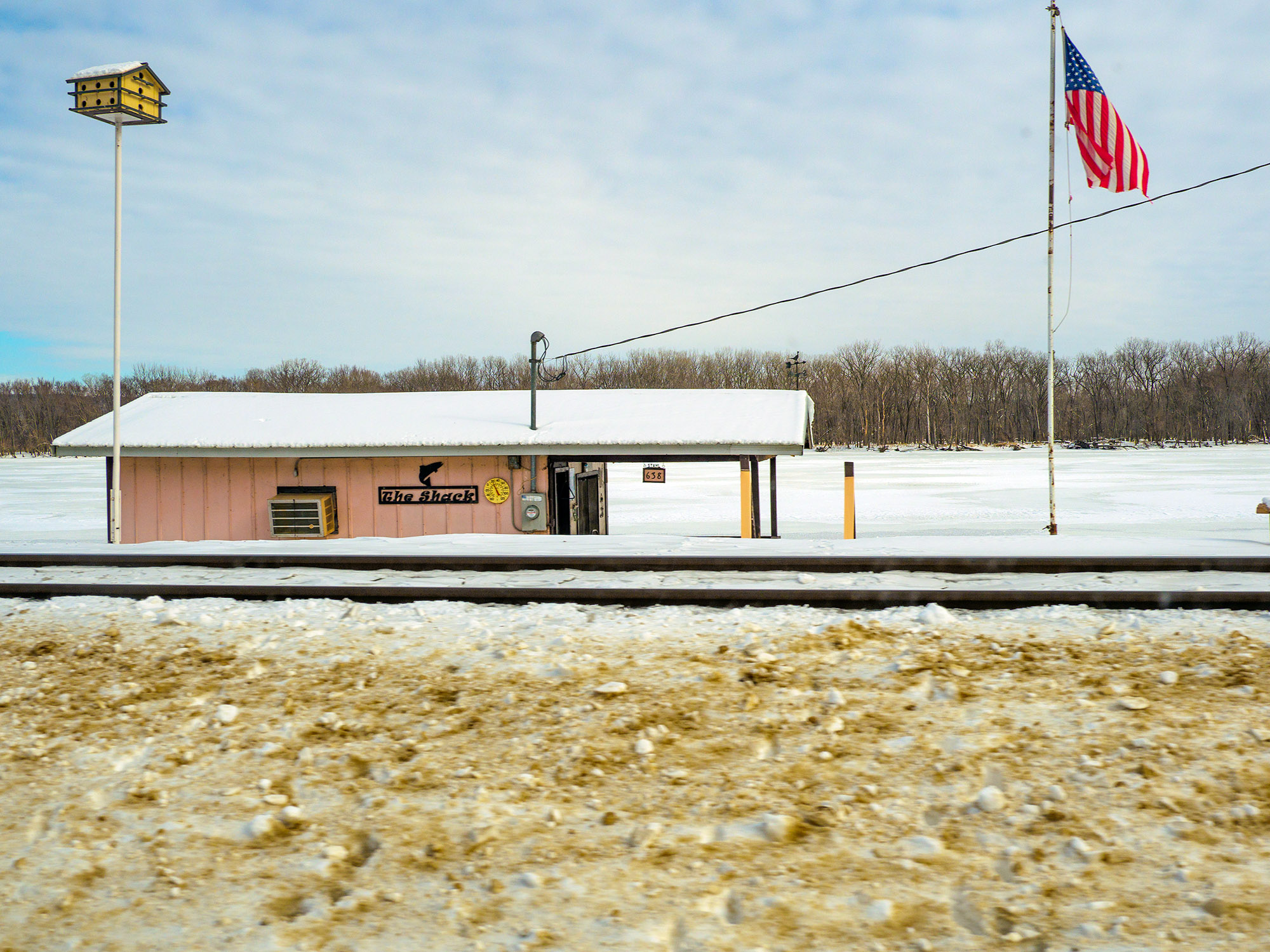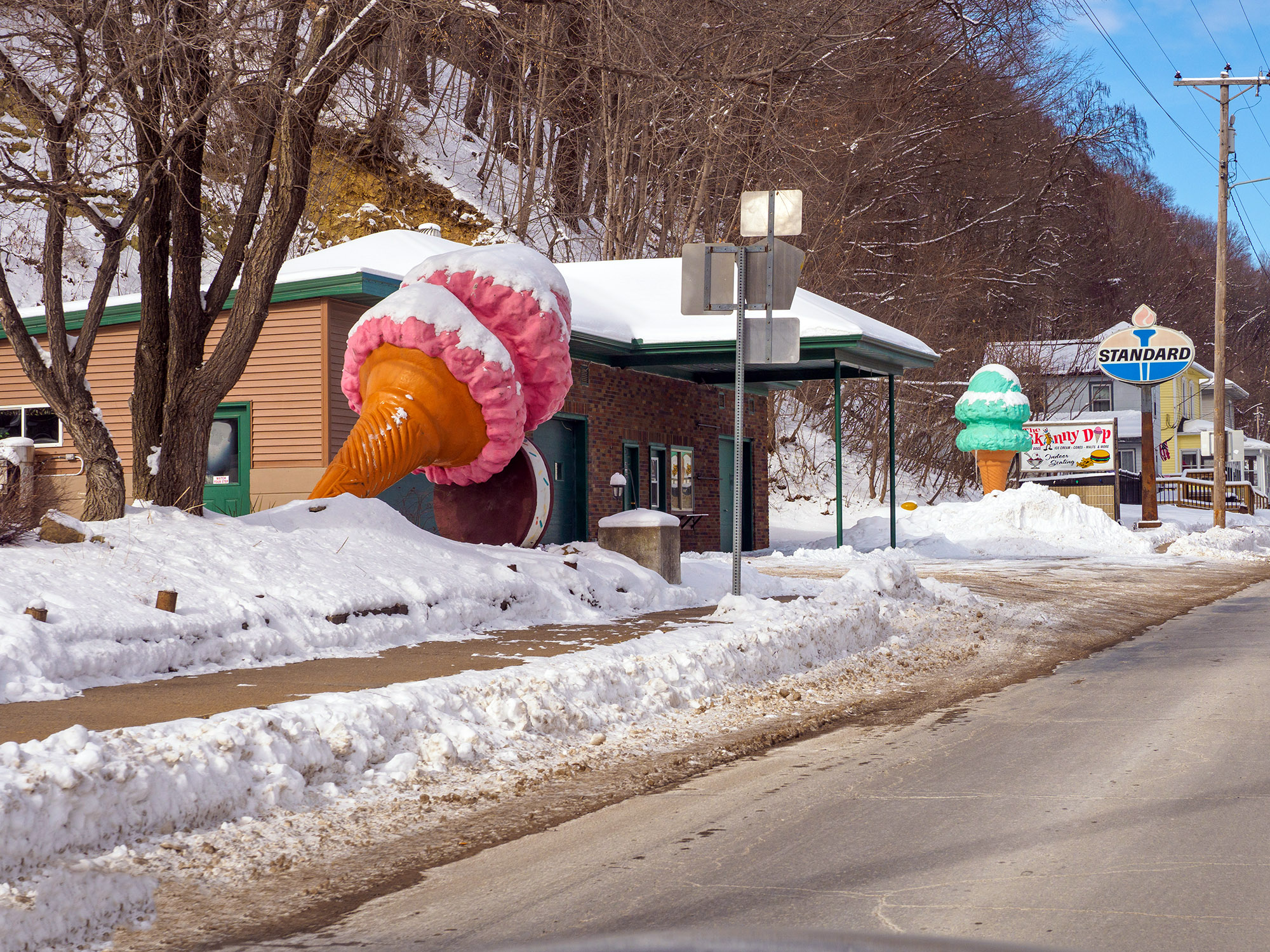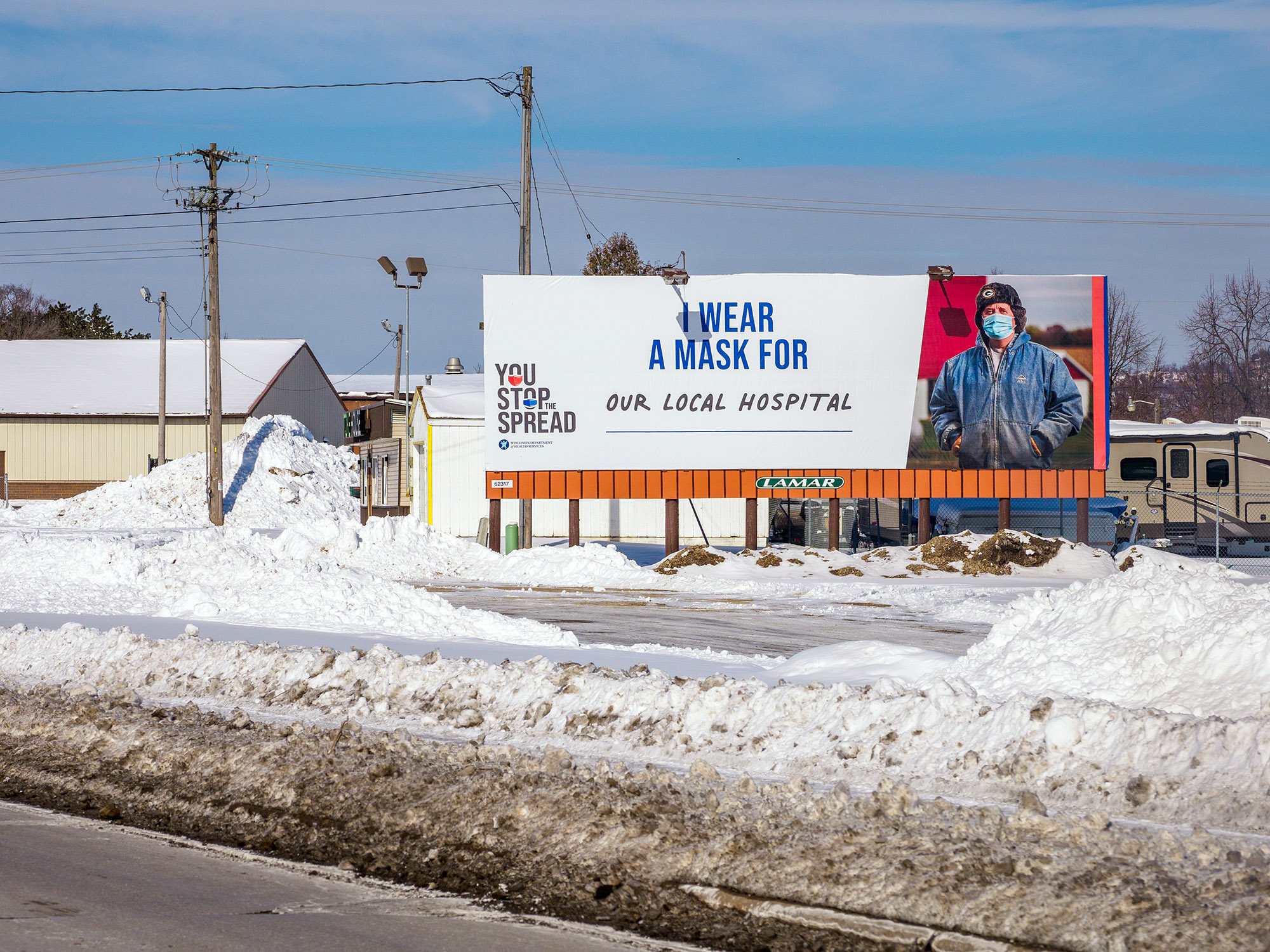Catherine Nixey:
In the spring of 1822 an employee in one of the world’s first offices – that of the East India Company in London – sat down to write a letter to a friend. If the man was excited to be working in a building that was revolutionary, or thrilled to be part of a novel institution which would transform the world in the centuries that followed, he showed little sign of it. “You don’t know how wearisome it is”, wrote Charles Lamb, “to breathe the air of four pent walls, without relief, day after day, all the golden hours of the day between ten and four.” His letter grew ever-less enthusiastic, as he wished for “a few years between the grave and the desk”. No matter, he concluded, “they are the same.”
The world that Lamb wrote from is now long gone. The infamous East India Company collapsed in ignominy in the 1850s. Its most famous legacy, British colonial rule in India, disintegrated a century later. But his letter resonates today, because, while other empires have fallen, the empire of the office has triumphed over modern professional life.
The dimensions of this empire are awesome. Its population runs into hundreds of millions, drawn from every nation on Earth. It dominates the skylines of our cities – their tallest buildings are no longer cathedrals or temples but multi-storey vats filled with workers. It delineates much of our lives. If you are a hardworking citizen of this empire you will spend more waking hours with the irritating colleague to your left whose spare shoes invade your footwell than with your husband or wife, lover or children.
Or rather you used to. This spring, almost overnight, the world’s offices emptied. In New York and Paris, in Madrid and Milan, they ready themselves for commuters who never come. Empty lifts slide up and down announcing floor numbers to empty vestibules; water coolers hum and gurgle, cooling water that no one will drink. For the moment, office life is over.
Even before coronavirus struck, the reign of the office had started to look a little shaky. A combination of rising rents, the digital revolution and increased demands for flexible working meant its population was slowly emigrating to different milieux. More than half of the American workforce already worked remotely, at least some of the time. Across the world, home working had been rising steadily for a decade. Pundits predicted that it would increase further. No one imagined that a dramatic spike would come so soon.

















